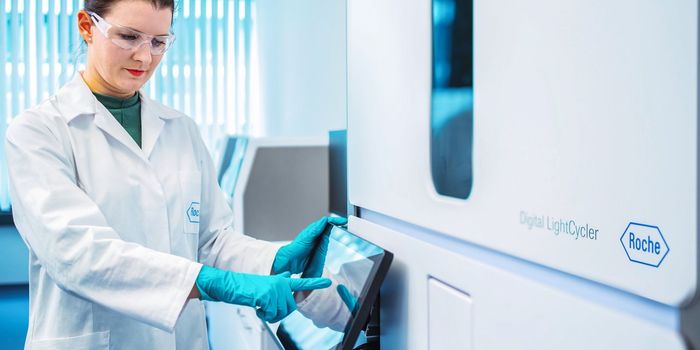Swallow the Pill, Discover the Bugs Within
The 30-foot long human gastrointestinal tract consists of tissues and organs that work in concert to digest our food. The GI tract also harbors an incredibly complex and dynamic population of microorganisms, called the gut microbiota, which plays a vital role in maintaining health and wellbeing. Scientists estimate that there are almost as many bacterial cells as there are human ones in the digestive tract, and despite their importance, many of the intricacies surrounding the microbiota remain a mystery.
To get to the bottom of what types of bacteria colonize the GI system and what impact these have on human disease, researchers at Purdue University have created a solution: a 3D-printed capsule that, once swallowed, collects microbial samples along the gut for testing and analysis. The study was published in RSC Advances.
The ingestible capsule is elegant in its simplicity. Made of resin with a pH-sensitive tip, the capsule’s outer sheath gets dissolved once it comes into contact with the stomach’s acidic gastric juices. These fluids then enter the pill-like device, causing its hydrogel core to expand, sealing off the opening to ensure the safe passage of the microbial cargo. Once passed out naturally, the precious sample within the capsule can be easily extracted using forceps. With a manufacturing cost of around a dollar per device, the researchers are confident that they can feasibly become a frontline diagnostic tool for gastrointestinal disorders.
Indeed, a growing body of evidence is pointing towards a connection between the gut microbiota and conditions such as obesity, diabetes, and neurological diseases. With better microbiome sampling approaches that overcome the limitations of invasive techniques like endoscopies or colonoscopies, scientists can get an unprecedented glimpse into the enigmatic microbial world within.
Source: RSC Advances.









